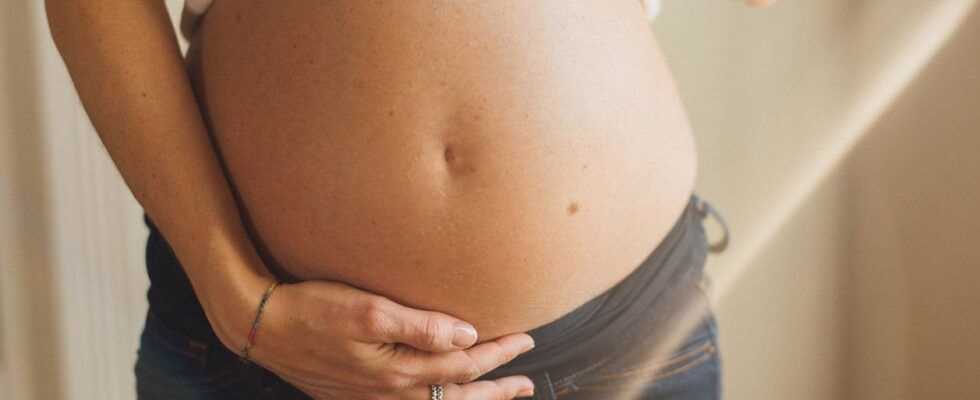A woman suffering from the phenomenon of early menopause gave birth to a baby girl using an experimental and specific medical method. The procedure involves the development of stem cells via the bone marrow which are then carried to the failing ovaries.
Menopause is a process that marks the end of a woman's fertility cycle. Completely natural, it causes hormonal and physiological changes. Although most of the time periods stop gradually and gradually, each woman has a different way of experiencing it.
There are only a very small number of women who develop symptoms of menopause before the age of 45/50. However, the medical world has noted some cases of what is called "premature ovarian failure". It is, among other things, a very early form of menopause.
When you suffer from this phenomenon, it is extremely rare to be able to give birth to a child. Only, in Spain, doctors have attested to the case of a 38-year-old woman, who wished to remain anonymous, having given birth to a baby girl while she was prone to the disease. In addition to this, you need to know more about it.
A miracle procedure
After discovering from her gynecologist that her ovaries were failing, this woman did not give up, and wanted to try everything before resorting to in vitro fertilization (IVF).
She then fell on the technique Ascot (ovarian transplantation of autologous stem cells), offered in a clinical trial by the IVI fertility clinic chain. This procedure involves taking drugs to encourage the bone marrow to produce stem cells. The cells are then extracted and transported through the artery to the failed ovary. The Ascot technique encourages the ovary to develop and release eggs which can be harvested, fertilized, and reimplanted into the uterus.
After going through all of these steps, the doctors checked every two weeks for any reaction. They eventually harvested ovaries, and the woman got pregnant.
A burst of hope
Nuria Pellicer, a gynecologist at La Fe Hospital in Valencia, said the young woman had "virtually no chance of a successful pregnancy with conventional in vitro fertilization procedures”. We are dealing with a miracle procedure. “We aim to develop a technique that is as minimally invasive as possible over time and to standardize it so that it can be implemented in all our clinics.”, She added.
Doctors are enthusiastic and positive, and plan to spread this practice so that other women can benefit from this opportunity. “We are really excited about these very promising results for achieving ovarian arousal and pregnancy using stem cells in a woman who previously may not have had the opportunity to conceive using her own eggs"said Dr. Cesar Diaz-Garcia, medical director of IVI London.
The young woman's case was even presented at the annual meeting of the European Society of Human Reproduction and Embryology last July.
Another leap forward in the fight against infertility, and a great new hope for all women who suffer from a menopause that is a little too rushed.
